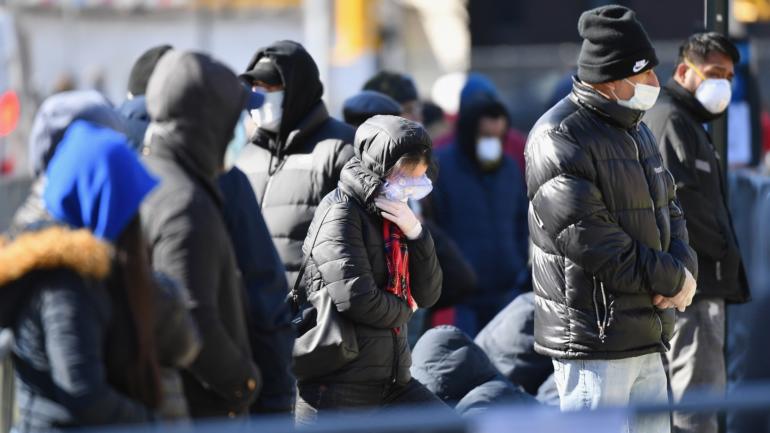The coronavirus pandemic has killed millions across the globe including over one million here in the United States.
And, while the loss of loved ones has been devastating for families, the fallout has also left huge numbers struggling with mental health issues. Depression and anxiety have skyrocketed as people have tried to cope with the impact of COVID-19 for more than two years now.
To discuss:
- Gabriel Yue Yin is a CGTN America Digital reporter.
- Andrew Schwehm is a licensed clinical psychologist.
- Ann Rosen Spector is a clinical psychologist in private practice.
- Jonathan Comer is a professor of psychology at Florida International University.
For More:
Most of the #MentalHealth innovations from the #COVID19 pandemic "do little for people suffering from a serious mental illness," writes @thomasinselmd in a #ScienceEditorial: "Can there be innovations to engage them with health care and foster recovery?" https://t.co/V4ZcP9T33z pic.twitter.com/3IrxQFshze
— Science Magazine (@ScienceMagazine) June 3, 2022
The mental health crisis in children and young adults, which was worsened by the covid-19 pandemic, is still ongoing. Even with the return to almost normalcy in classrooms, students are still struggling. Learn more here: https://t.co/4MwVgT8tK9 #mentalhealth #teenmentalhealth pic.twitter.com/ZHXL5B07zy
— The Hub CT (@TheHubCT1) June 6, 2022
“A silver lining to the pandemic is that mental health and wellness are being destigmatized, and many have realized that mental health care is essential.”https://t.co/PHBrbHdOaB
— AFT (@AFTunion) June 7, 2022
 CGTN America
CGTN America

